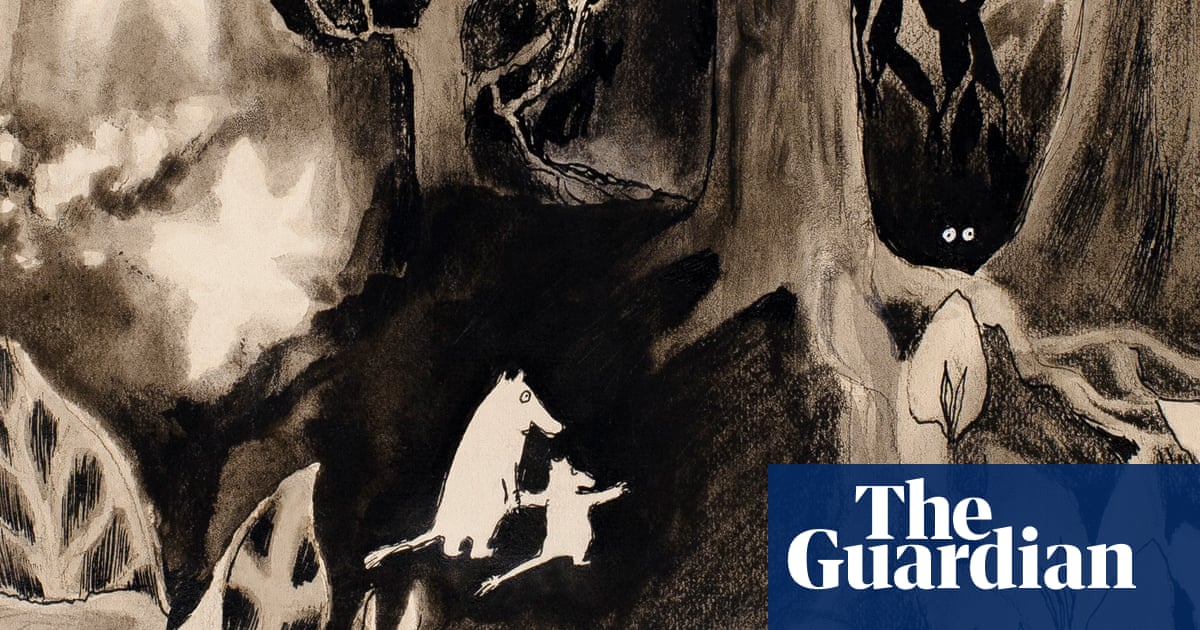Defence reviews and foreign policy resets seem to turn up almost as often as the Sussexes’ lifestyle brand relaunches these days. Labour’s strategic defence review this week comes less than two years after the Conservatives’ hardly less detailed defence white paper in July 2023, which in turn was a “refresh” of Boris Johnson’s ambitious integrated review of defence and foreign policy of March 2021. By this measure, it must be doubtful if, come the 2030s, analysts will look back on Keir Starmer and John Healey’s review and say it broke the mould.
The Labour government was entitled to try to put its own stamp on defence policy, of course, and its review team of George Robertson, Richard Barrons and Fiona Hill did a good, reasonably independent job. Yet this 2020s pattern of repeated strategic adaptation and refocus feels like the new normal now. It is also true that grand strategy does not often survive prolonged contact with the real world. In wartime, as the US general, later president, Dwight Eisenhower once put it, plans are useless but planning is essential.
Today, though, war is no longer an academic possibility. So defence policy must adapt afresh, and at pace. Labour’s defence review does not always do this convincingly. Most of the imperatives and innovations of the day revolve around resisting the threat from Russia and adapting to the new weaponry of the drone and cyber age. At times, though, this is hard to reconcile with the review’s dogged assumption that the transatlantic alliance will remain the bedrock of that resistance.
Johnson’s 2021 review aimed to recast British foreign policy in the light of Brexit. In some ways, like Johnson’s delusional British tilt towards Asia, it represents a worldview that has gone with the wind. In others, especially on Russia, it describes a conflict that still confronts Starmer today. Yet Johnson’s review came out as Covid was starting to upend the global economy and before Russia invaded Ukraine. The 2023 refresh took those newer convulsions on board but could not, in its turn, know about the most recent disruption: Donald Trump’s return.
It is pathetic and shameful that Trump’s name does not appear once throughout the new defence review’s 140 pages. Its absence reflects Labour’s – and London’s – bred-in-the-bone fear of offending the US president. Even so, it cannot disguise that this is a defence review for Britain in an age of greater US isolationism. Trump’s unreliability and his administration’s manifest contempt for Europe cast a long shadow over the whole document and over the government’s determination, even in the context of next week’s Whitehall spending review, to prioritise defence in line with Nato urgings.
Since history never stops, this week’s review may itself soon look out of date. Events may grab hold of the steering wheel at any time. China may invade Taiwan, for example, or Russia turn up the heat in the Baltic or against Moldova. Iran may finally test a nuclear weapon. Trump may annex Greenland. Even the ending of the Ukraine war, not just its continuation as before, would necessitate a big course correction and reshifting of priorities for British policy too.
If there is a thread running through the document, it is that 21st-century Britain is a big, but not a global power, whose security priority lies in Europe, not elsewhere. The overriding goals for British defence policy are thus, as always, to defend the nation against direct threats, and to make the necessary contribution to the maintenance of peace, freedom and commerce on the European continent. Brexit did not change that. But it was a dramatic illustration of how easy it is to delude a nation that there are magic answers to grindingly difficult problems.
It is a mistake, however, to seek blind refuge in the belief that the world has always been a conflicted and messy place, and therefore to assume that 2025 is merely another unfortunate iteration of it. This may indeed be true in a very long view sense. But it does not adequately explain why 21st century governments in many liberal democracies – not least in Britain – struggle to mobilise national support to bring about almost any big and effective change, not just in defence policy but domestically.
It is not enough to blame Russia alone for the suffering in Ukraine, or to denounce the United States uniquely for turning its back on European security – even though both are hugely culpable. Part of the problem also lies closer to home. The issue is that while the liberal democratic nation state is the only meaningful game in town, it is no longer delivering what it once seemed uniquely capable of providing for its people.
The run-down of defence following the end of the cold war is merely one example of this widely felt failure, albeit an important one. One can select others from most areas of national life. They range from not embracing the digital revolution sufficiently to help rebuild British industry and education, through the failure to prioritise the care of an increasingly ageing population and the cynical depletion of parts of the welfare state, to the shameful pollution of rivers and lakes, the disdain for localism and the wilful neglect of national culture.
The results of this are inescapably wounding to politics itself. The most striking thing that has happened in the last 11 months is that Labour has managed to turn an election victory into what looks increasingly likely to be an election defeat when the time comes. Why has this happened? Not because Starmer and his ministers are bad people, or because they have bad values or even bad policies. Certainly not because voters want the Conservatives back. It has happened because liberal democratic governments are no longer able to command the necessary sustained public confidence, even through rocky times, to deliver what people once instinctively looked to them for.
That was true of the defence review this week, which was launched on to a sea of scepticism about Labour’s ability to pay for its plans. It will be even more true of the spending review in a few days’ time. The strands that once meaningfully bound people together within a shared national framework are weaker now. They may not be irreparable. But repairing them requires a lot of humility as well as much determination and a sprinkling of genius. There are no quick answers and it is a massively hard task.
-
Martin Kettle is a Guardian columnist

 1 day ago
13
1 day ago
13

















































